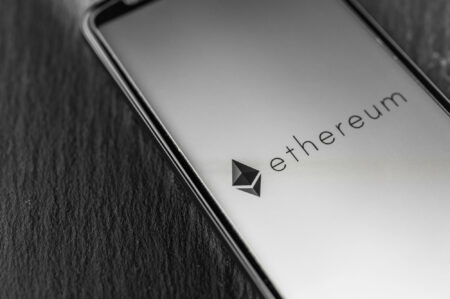Ripple expands its ecosystem: The company announced the acquisition of the crypto wallet and custody platform Palisade. The goal is to integrate Palisade’s multi-blockchain wallet and custody technologies into Ripple’s existing offerings around Ripple Payments and Ripple Custody.
The acquisition of Palisade is expected to significantly strengthen Ripple’s provision of institutional wallet and custody solutions. Palisade’s “Wallet-as-a-Service” product, featuring Multi-Party Computation (MPC) and multi-blockchain support, will become part of Ripple’s institutional product line. The financial terms of the transaction were not disclosed.
Why this move matters
With the acquisition of Palisade, Ripple is expanding its technical infrastructure in the areas of custody and wallet services – two fields that the company says are central to enterprise crypto adoption. Palisade’s wallet product will be seamlessly integrated into Ripple’s “bank-grade vault” as well as its global payments and treasury services.
Institutional firms are increasingly seeking trusted custody and wallet infrastructure solutions that offer multi-blockchain compatibility. Ripple sees a key role in this trend: “Corporates are poised to drive the next massive wave of crypto adoption… they need trusted, licensed partners with out-of-the-box capabilities.”
Ripple continues its acquisition spree
The acquisition adds to a series of major purchases by Ripple this year: In April, Ripple acquired prime broker Hidden Road for USD 1.25 billion, the stablecoin platform provider Rail for around USD 200 million, and shortly before that, treasury management firm GTreasury for approximately USD 1 billion. At the same time, Ripple concluded a long-running legal dispute with the US Securities and Exchange Commission (SEC) in August – a signal of increasing regulatory clarity.
Palisade provides institutional wallet infrastructure leveraging Multi-Party Computation (MPC), which splits cryptographic keys into multiple fragments, eliminating single-key risk. The company already supports more than 20 blockchains, including Ethereum, Solana, Avalanche, and EVM-compatible networks, enabling the management of tokens, NFTs, and digital identities from a unified interface. Palisade’s “Wallet-as-a-Service” is designed to embed transaction policies, risk controls, and automated compliance rules directly at the wallet layer – a feature tailored to banks, fintechs, and crypto custodians.
With the integration of Palisade, Ripple could further expand its services for financial institutions, crypto-native companies, and large enterprises – from custody to global payments processing. However, it remains to be seen how quickly the integration will proceed and how strongly the new services will impact Ripple’s overall market position.








